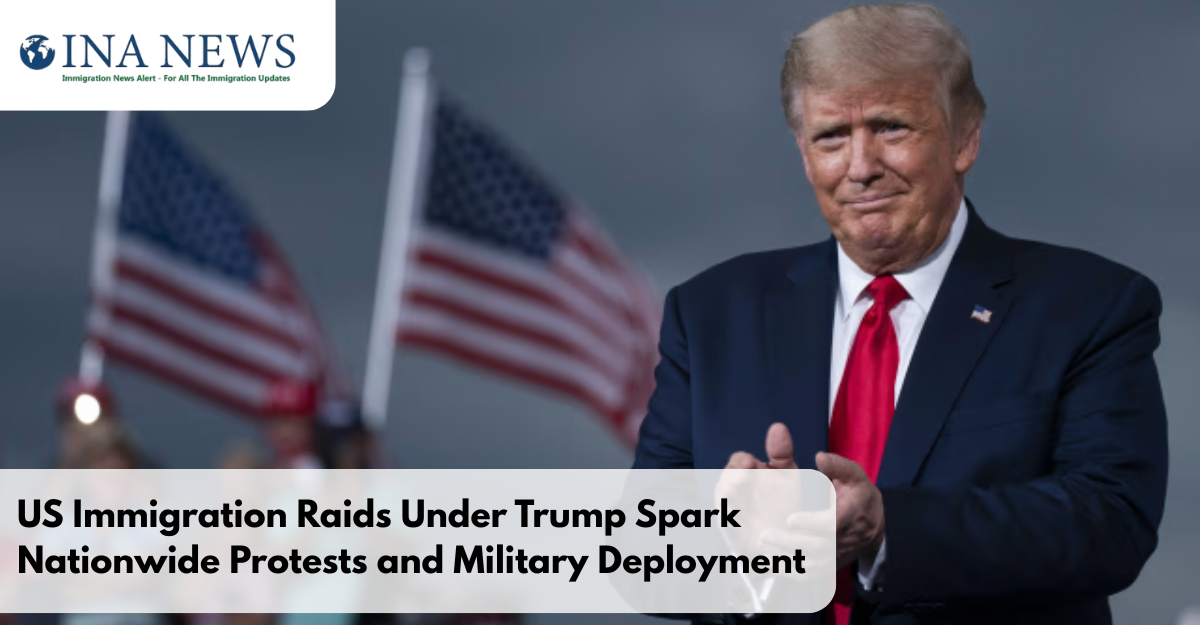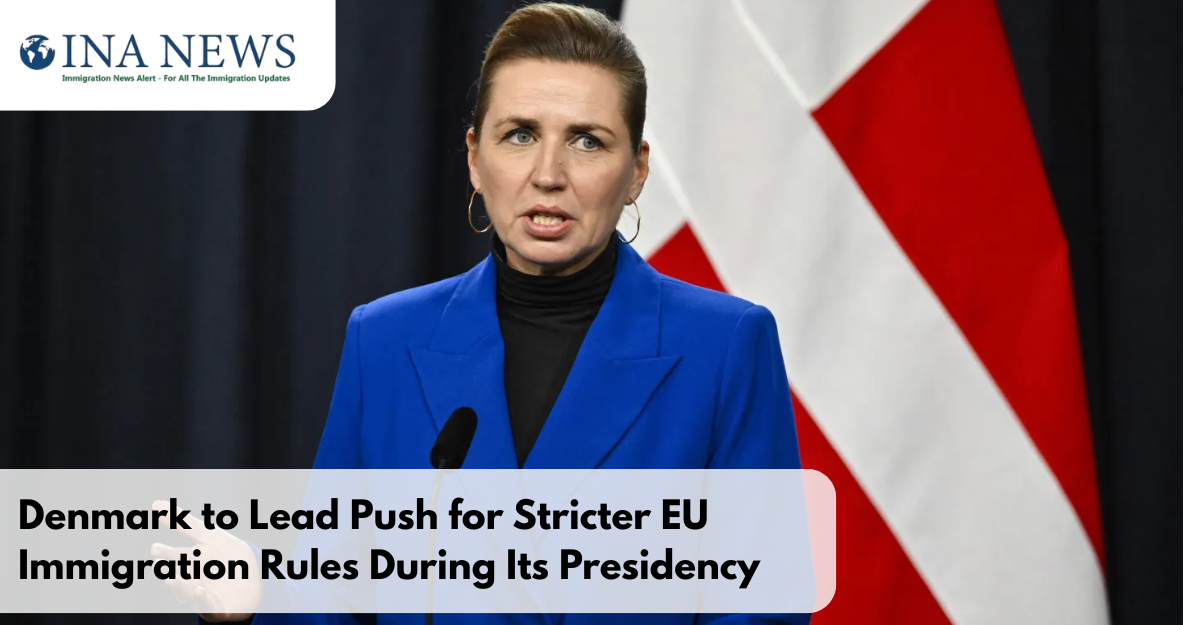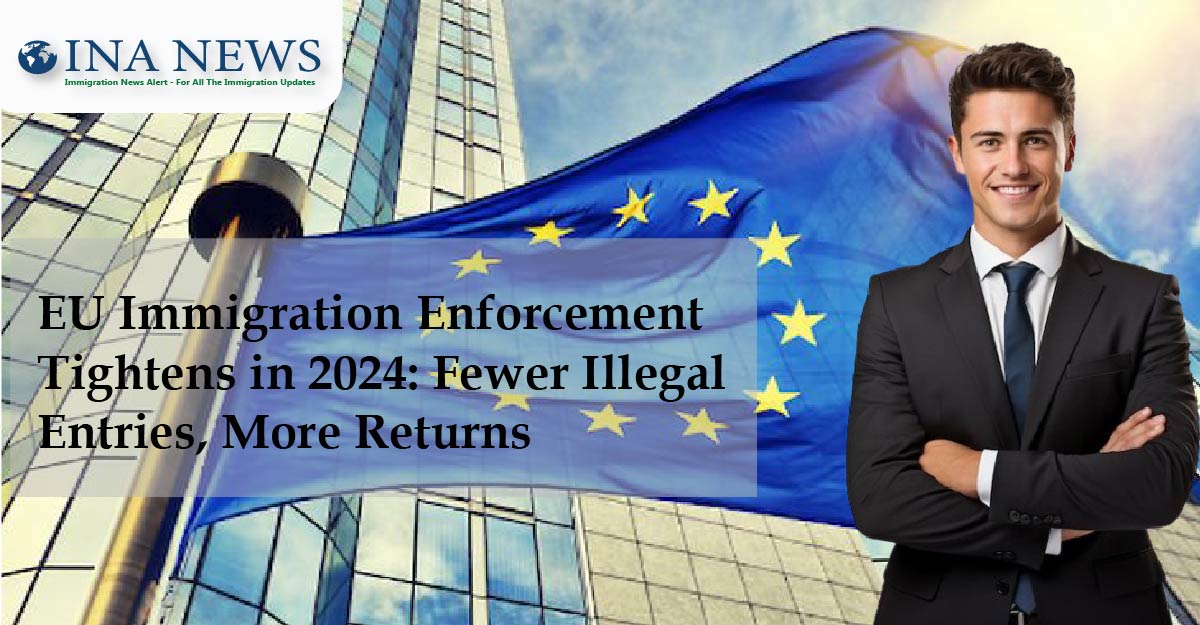A sweeping crackdown on undocumented immigrants under former President Donald Trump has ignited a new wave of political unrest across the United States. As large-scale immigration raids intensify in key urban centers, the federal government’s deployment of military forces to manage protests has triggered widespread backlash and reignited national debates over immigration enforcement and civil rights.
Mass Raids Shake Immigrant Communities in Major U.S. Cities
The tension began after a new round of mass deportation operations—championed by Trump-era policy—was launched in early June 2025. U.S. Immigration and Customs Enforcement (ICE) agents carried out aggressive raids across major cities, including Los Angeles, New York City, Chicago, and Houston, targeting undocumented immigrants with little prior notice. Hundreds of people were arrested within days, with enforcement concentrated in immigrant-heavy neighborhoods.
The surprise nature of the raids, combined with the scale of detentions, has sent shockwaves through immigrant communities. Local leaders and civil rights advocates have criticized the actions as excessively punitive and disruptive to social stability. For many, the raids feel like a return to the Trump administration’s most controversial immigration strategies.
Protests Erupt, Some Turn Violent
In the wake of the raids, mass protests erupted in solidarity with affected families. In cities like Los Angeles and Oakland, peaceful demonstrations quickly escalated as riot police confronted protestors, leading to clashes, tear gas deployment, and dozens of arrests. Protestors accused ICE of racial profiling and unlawful detainment, while authorities defended the raids as part of national immigration policy.
BBC correspondent Carl Nasman, reporting from Los Angeles, highlighted that tensions had reached a boiling point as communities faced what they perceived as militarized immigration enforcement. The situation in California became particularly volatile, prompting emergency responses and political outcry.
Trump Orders Military Response: Marines and National Guard Deployed
As protests intensified, former President Donald Trump ordered the deployment of thousands of National Guard troops across key protest zones, with hundreds of U.S. Marines stationed in Los Angeles to “restore order.” The White House stated the action was necessary due to “ongoing threats to public safety.”
However, this military intervention has been met with sharp opposition. California Governor Gavin Newsom condemned the move as “unnecessary, provocative, and inflammatory,” asserting that the situation was being escalated rather than contained. He emphasized that California’s own law enforcement agencies were fully capable of maintaining peace without federal troop involvement.
Civil Rights Groups Challenge Federal Overreach
Immigration and civil rights organizations such as the American Civil Liberties Union (ACLU) have raised serious concerns over the legality and morality of the raids and the use of military force. They accuse federal authorities of engaging in racial profiling and violating due process, and have announced plans to pursue legal action in federal courts.
Immigrant advocacy groups have also criticized the raids as instilling fear in vulnerable communities and undoing years of progress in integration and trust-building. The ACLU and other organizations are urging the Biden administration to formally denounce the use of military power in civilian immigration enforcement.
Political Divide Deepens Over Immigration Control
While the Biden administration has distanced itself from the recent actions, calling for an internal review into how such large-scale operations were approved, Trump-aligned Republicans have stood firmly behind the raids, labeling them as essential to “restoring law and order” amid concerns about border security.
The resulting protests, legal challenges, and deep political divide illustrate how immigration remains one of the most contentious issues in American society, particularly in a post-Trump era where opposing ideologies clash over how to secure the border while upholding civil rights.






